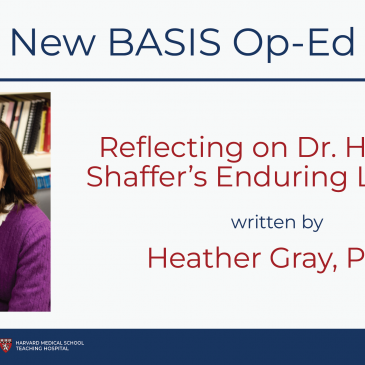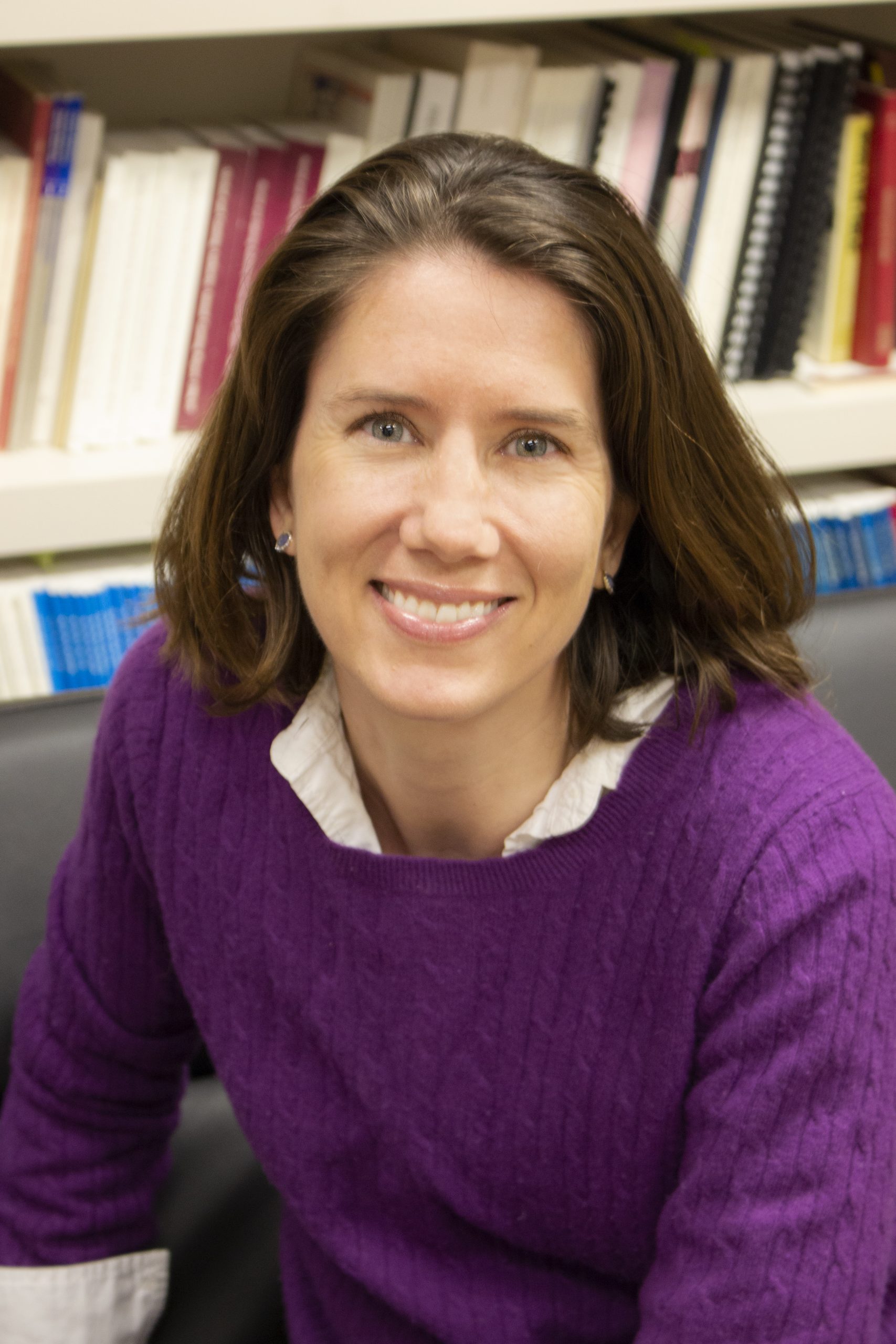Editor’s note: Dr. Heather Gray is the Editor-in-Chief of The BASIS and Director of Academic Affairs at the Division. Dr. Gray is also Assistant Professor of Psychology in the Department of Psychiatry at Harvard Medical School. This op-ed is part of our Special Series in Honor of Dr. Howard Shaffer.
I first met Dr. Howard Shaffer in the spring of 2008, when I was interviewing for a position at the Division on Addiction. (Spoiler: it went well!) Howard was generous with his time that day. We spent a while discussing the Syndrome Model of Addiction, the foundation of the Division’s integrated approach to addiction science. Howard took the time to explain the model, weaving together research findings he and his colleagues had produced with compelling anecdotes from his distinguished clinical career.
All these years later, I still remember some of those stories. They brought the model to life in a way that I, brand new to the field, could easily grasp. Looking back, I realize Howard told stories to help me understand the model because he’s so skilled in perspective taking. He instinctively anticipates where his learner might be missing key information and tries to fill the gaps in their understanding, using whatever type of evidence will be most helpful. That instinct shows up in Howard’s scientific writing and presentations, and I believe it’s sustained by a deep well of empathy that also benefits the clients under his care.
Another of Howard’s qualities stood out to me that day. After laying out the theories, research findings, and clinical experiences that support the Syndrome Model, Howard added, almost casually, “I could be wrong.” What a revelation! I had recently completed a graduate program in an environment that, for all its advantages, was not exactly rich in critical introspection. And here was a senior scientist openly acknowledging the possibility of error.
Starting the day of that interview, and for nearly twenty years since then, I’ve been fortunate to learn from Howard’s example of deep intellectual humility. Our mission is not to show the world how smart we are or how consistently we can produce studies that support our hypotheses. Rather, our mission is simply to discover something new about addiction and share it widely, always mindful of mistakes we might have made along the way. (It’s a lesson I carry into my family life, too. If you want to shock a teenager, just give them a long, authoritative lecture about how they should handle a certain situation, and then casually add, “But who knows… I could be wrong”!)
Since joining the Division, I’ve had the benefit of Howard’s steadfast support. I grew both personally and professionally each time he asked me to do something that felt just a little beyond my reach. As an example, he was once invited to give a keynote address at an international conference but had to decline. He recommended me as a substitute, an idea that seemed absurd to me at the time. But in recommending me, he was telling me that he believed in me and that I should believe in myself. I’ve seen Howard advance the careers of many early-stage investigators in this way, going out of his way to link us with new research projects, speaking engagements, and collaborations that developed our skills and reputations as independent scientists. I will forever be grateful that he nurtured my career in this way. My appreciation is deepened when I think about all the women scientists over the years whose careers were starved of such support.
I hope to carry Howard’s empathy, intellectual humility, and supportiveness into my own work going forward. I miss his presence in the office but am grateful to still be able to reach out whenever I have a question that only he can answer. Thank you, Howard.
– Heather Gray, PhD





